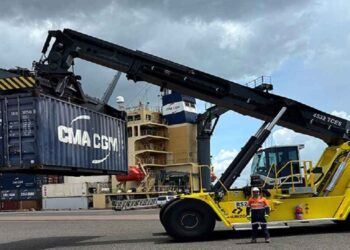To enhance competitiveness and customer acceptance, mobility service providers should focus on designing multiple blockchain-based platforms and prioritize scalability
A new report from Navigant Research examines how blockchain technology can be adopted by mobility as a service (MaaS) providers to create new business models to help connect decentralized energy systems.
As blockchain technology begins to transform value exchange in a wide range of industries, the energy sector is exploring how to adapt it to create new and advantageous business models. Click to tweet: According to a new report from @NavigantRSRCH, MaaS providers stand to benefit from adopting blockchain technology.
“Blockchain-based platforms create interoperability between services like -electric vehicle charging or ridesharing. The technology opens up microtransaction markets in an affordable way to service providers, allowing MaaS services to be automated,” says Johnathon de Villier, Research Analyst with Navigant Research. “Additionally, they incentivize stakeholders to provide mobility services to the end consumers. Collaboration at the platform level will be essential for success in this rapidly evolving industry.”
To take advantage of the benefits of blockchain technology–which includes the ability to digitize value, reduce transaction costs, overcome hurdles of electric transportation, and automation of secure electronic transactions Navigant’s report recommends MaaS providers develop platforms that integrate with blockchain-based applications for multiple functions. In addition, it recommends prioritizing scalability over decentralization, and solving issues regarding private key management for device-to-device transactions.
The report, Blockchain Opens a New Frontier for Mobility Services, explores how the benefits of blockchain could help MaaS stakeholders address the challenges raised by digitization, automation, and electrification in the mobility industry. The study also examines the wide range of potential applications for blockchain in the MaaS industry, as well as how blockchain-based mobility services will challenge existing industry players. It concludes with a series of recommendations for approaching and experimenting with blockchain technology to create new business and operational models for a distributed and decentralized transportation system. An Executive Summary of the report is available for free download on the Navigant Research website.


































